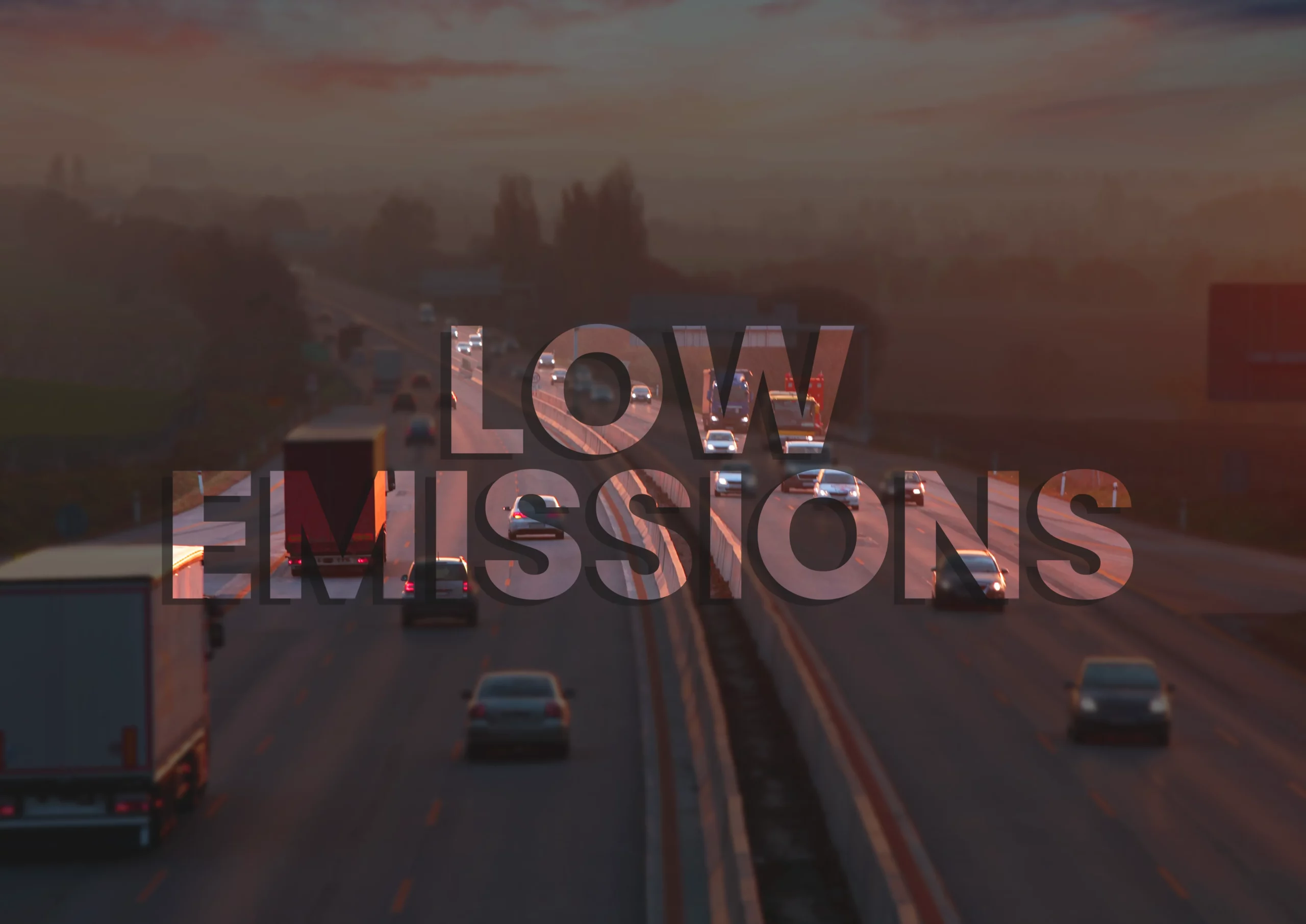S h a r e
New tax proposals for Ultra Low Emission Vehicles


Posted by
Kevin Blackmore
August 2016
New company car tax bands, based on how many miles a vehicle can be driven in pure electric mode, have been proposed by HMRC in a consultation process looking into key areas of the fleet market.
The consultation, which runs until October 19 this year, looks at the tax treatment of Ultra Low Emission Vehicles (ULEVs), salary sacrifice car schemes and the new lease accounting standard. It invites written representation from interested partners before the October deadline.
HMRC says the increased use of ULEVs has a very important role to play in supporting mobility while reducing the carbon and air quality impact of road transport. The increased uptake of ULEVs is part of the government’s wider clean air strategy and should help the UK meet its legally binding carbon emissions reduction and air quality targets.
Developments in technology are bringing an ever increasing number of ULEVs to market with improved performance. There are already at least 29 models on the market and many more are known to be in the pipeline.
By 2020, ULEV sales are predicted to represent around 3-7% of total new car sales, although currently only around 1% of company cars are ULEVs.
In its consultation document, HMRC said the development of new ultra-low emission technologies was “starting to place pressure on the current banding structure”. Some conventionally powered engines were also achieving emissions below 75g/km – the current ULEV threshold.
In an effort to make sure only the cleanest cars remain attractive, HMRC is proposing new company car tax bands, with 50g/km the new threshold for ULEVs.
The growing popularity of ultra-low emission vehicles with fleets is undoubtedly lowering the tax take on the company car population so there is concern that the taxman may be looking to offset these in other areas.
Company car tax currently divides ULEVs into two emission categories: 0-50g/km which covers mainly battery electric and plug-in range extender hybrid vehicles; and 51-75g/km which includes some of the larger and heavier hybrids.
The overall CO2 emissions value issued for ULEVs takes into consideration both their capacity for zero emission miles and the level of CO2 produced when the car is running on its conventional combustion engine.
However, with vehicles having vastly different zero emission miles capabilities, HMRC says this may not be reflected fully in the CO2 value alone.
The consultation paper says that the UK’s top six selling ULEVs in 2015 had varying zero emission ranges but were classified into only two ULEV company car tax bands.
Moreover, this meant that cars capable of between 32 and 340 zero emission miles were currently in the same band. It suggested an alternative approach to differentiate between ULEVs for the purposes of company car tax, with ULEV bands based on how many zero emission miles a vehicle can offer, as well as its CO2 emissions.
The paper suggests that the 0-50g/km band could be further divided into five bands: less than 20 zero emission miles; 20-39; 40-69; 70-129; and 130-plus zero emission miles.
The Vehicle Certification Agency, the UK regulator, has a database of the zero emission miles capability of all vehicles, and would make it readily available for comparative purposes. This would make HMRC’s approach to company car tax consistent with the framework for the Government’s plug-in car grant scheme.
HMRC said its proposed structure would also provide “a clear incentive for manufacturers to move beyond vehicles with reduced CO2 emissions but limited electric mile range, which risk being driven in combustion engine mode most of the time”.
The consultation says the proposed tax regime could be structured by creating a large number of narrow bands, which taper gently between 0-75g/km, or by employing a smaller number of wider emission bands, similar to the current ULEV bands, thereby creating “cliff edges”.
HMRC is also reviewing tax rules for plant and machinery, including cars and vans, to accommodate new lease accounting standards which should come into force in 2019.
The Government says it will consider all responses to the consultation process before publishing new bands in the autumn, ahead of setting new company car tax rates from 2020-21 onwards in next year’s Budget Statement.
You also might like…
If you liked this article then check out our posts about similar topics
Eurocell adds huge van order to fleet following advice from Fleet Alliance
Eurocell, the UK's leading upvc window, door and conservatory manufacturer and distributor, has replaced a large proport...
Fleet Alliance archives Intelligent Car Leasing brand to focus on core fleet business
Fleet Alliance has discontinued its Intelligent Car Leasing brand, which specialised in consumer leasing The Glasgow ...
JG Pest Control updates fleet with new Peugeot Partners from Fleet Alliance
JG Pest Control, one of the country’s leading pest control operators, has updated its fleet thanks to a new batch of P...
Warp Snacks opts for EV salary sacrifice scheme with Fleet Alliance
Healthy snacks manufacturer Warp Snacks, has introduced an electric car salary sacrifice scheme for staff in conjunction...
Chancellor cuts National Insurance, extends fuel duty freeze and fully expenses leased assets
In the last Budget before the General Election, Chancellor Jeremy Hunt unveiled a series of headline-grabbing initiative...
2024 will be the year of the EV with greater supply and lower prices, says Fleet Alliance
2024 will be the year that companies look to accelerate down the electrification route, as they seek to meet their own E...
Automotive transmission specialist Xtrac opts for EV salary sacrifice scheme from Fleet Alliance
Xtrac, the world’s leading supplier of high-performance transmissions for top level motorsport and high-performance au...
Fleet Alliance reports strong uptake in EV salary sacrifice
Increasing numbers of businesses are adding the employee benefit of leasing an EV through a salary sacrifice scheme to t...
Ready to make the management of your fleet more efficient?
Request a call back
